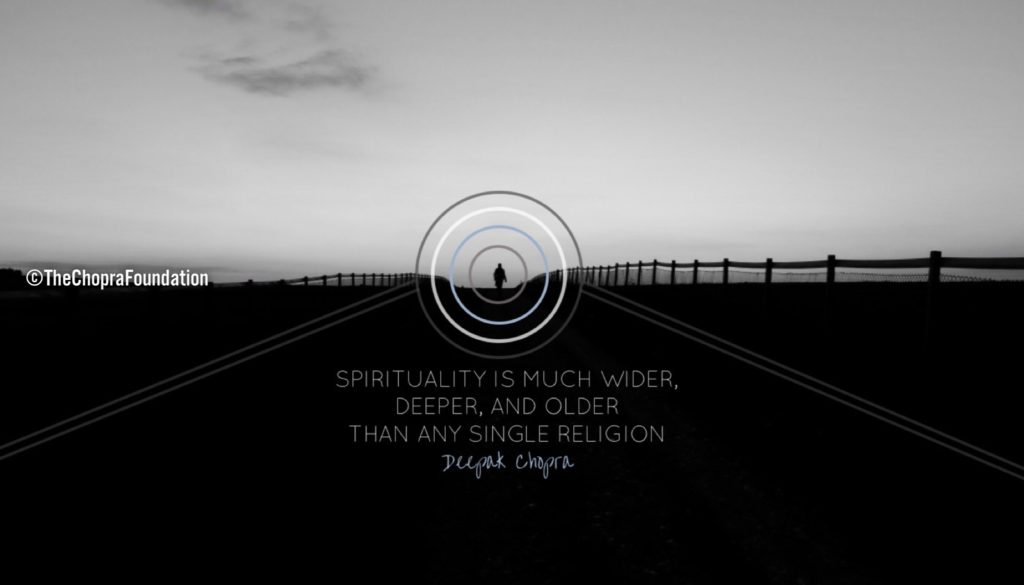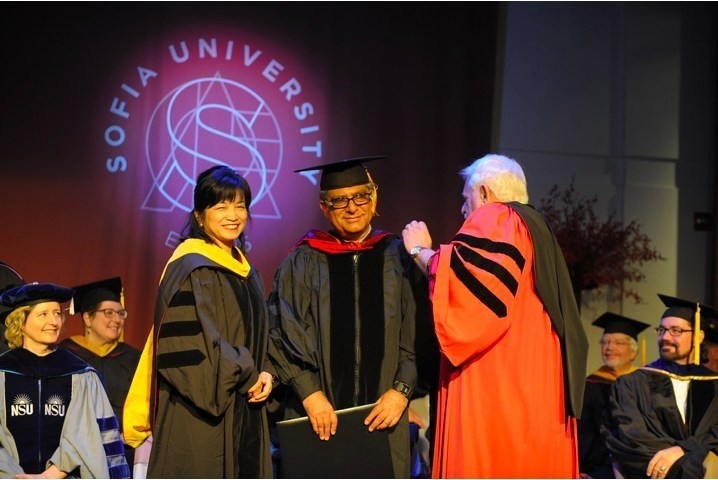By Deepak Chopra, MD and Rudolph E. Tanzi, PhD
Since one of us (Deepak) began advocating the mind-body connection thirty years ago, a time of great opposition among physicians to the very notion that thoughts have physical consequences, the trend has been entirely against the physicalist position, i.e., that the human body is a machine that needs fixing when it gets broken. One research after another has validated what should have been obvious in the first place: mind and body are too intimately related to be seen as separate entities.
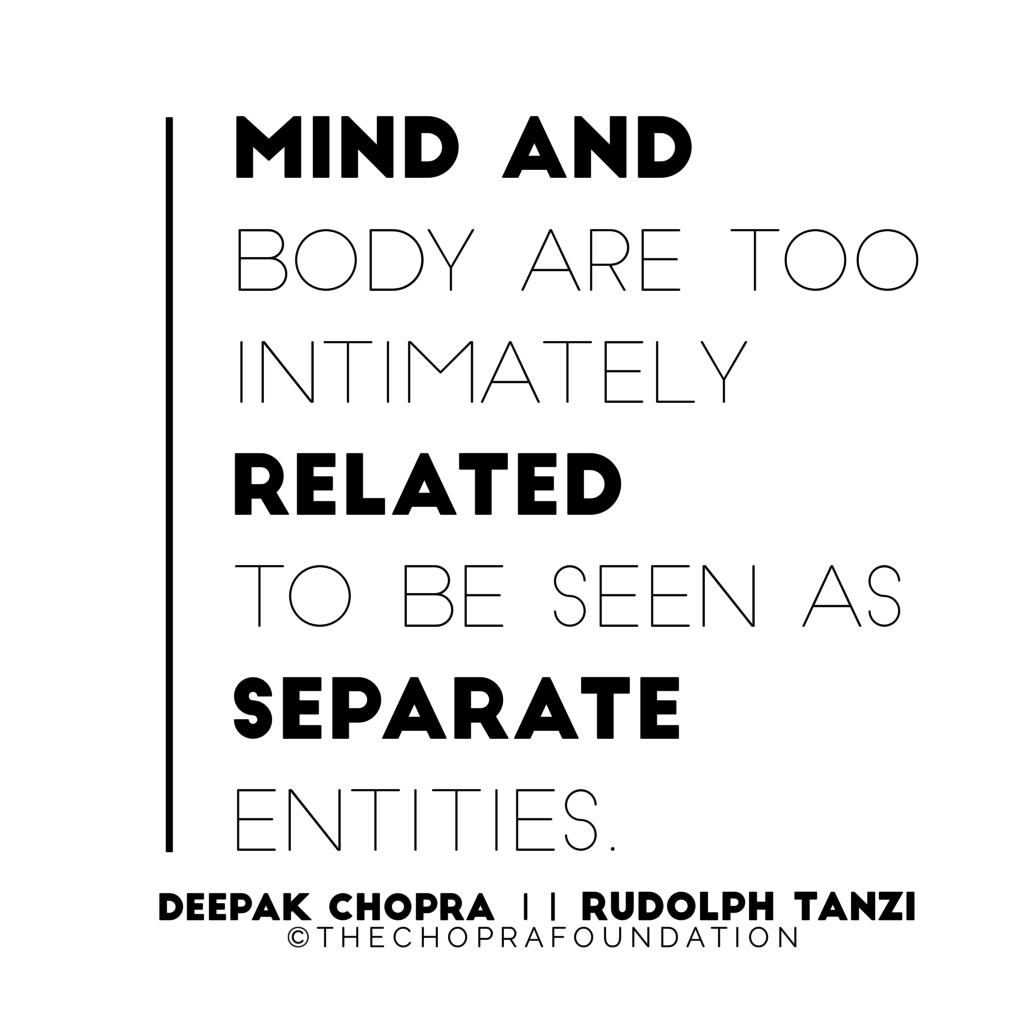
Several principles can be listed that are backed by the best science, and yet which have had minimal impact in a doctor’s daily practice.
* Every cell is in some form of communication with the brain, either directly or indirectly, is receiving messages triggered by all of our thoughts, feelings, moods, expectations, and beliefs.
* Experience gets transformed and metabolized, exactly as food, toxins, pollutants, air, and water get metabolized. In a word, if you want to see what your experiences were like yesterday, look at your body today. If you want to see what your body will be like tomorrow, look at your experiences today.
* The body is a verb, not a noun. In other words, it’s a continuous unbroken process.
* Cells are born and die; atoms and molecules fly in and out of each cell constantly. Yet despite this constant flux, the blueprint of the cell remains intact. This blueprint is invisible, intelligent, dynamic, and self-organizing.
* Lifestyle choices make the dominant difference between wellness and chronic illness. Years, sometimes decades before symptoms appear, cells can be gaining negative input that lead to the onset of disease.
* Our genes are dynamic and respond to everyday experiences and lifestyle choices. Habits lead to longer term changes in the programming of our gene expression via “epigenetics”, as explained in our book “Super Genes”.
* If we knew the pivot point that creates positive cellular activity out of positive experiences, a state of radical well-being is possible.
* Purely mental practices, especially meditation, have been shown over and over to improve various physical functions, and these improvements are now known to extend all the way down to gene activity.
This is an impressive list of mind-body insights, and the rising field of integrative medicine takes advantage of them, unlike mainstream medicine, which remains wedded to two fix-its: drugs and surgery. In the ancient Indian system of Ayurveda one can find a level of the mind-body connection that is profound, and the same holds for other traditional medicines around the world. But for the average person, the actual pivot point where positive input improves well-being hasn’t been touched. Ultimately, the mind-body connection will not vie with the physicalist (body as machine) position until it is proven that cells, and especially the gene, predictably responds to experience.
The point here is that experience, although a very broad term, can be divided into positive input for our cells or negative input. A cell innately knows how to thrive, nourish itself, repair damage, repel invaders, and multiply without our conscious intervention. This much was already known in modern medical science. What wasn’t known and slowly became convincing, is that while the cell is processing its own existence biologically, it is also processing a person’s entire range of life experience, from birth to death, from joy to sorrow, from hopes to fears, optimism to pessimism, victory to defeat, and on and on. Much of this occurs via epigenetics – chemical modifications to our genes resulting in changes in their activity (expression) programs.
What that says, if you extend the logic, turns out to be both simple and radical. Perhaps experience holds the key to wellness, healing, anti-aging, and psychological fulfillment. The reason each of these things has become impossibly complex as far as medical science is concerned is that experience has been left out of the equation. In a sense, we have treated the human body like a car whose engine we understand incredibly well, only we insist there is no driver. Experience, processed by the mind and recorded in our cells, is the driver in the case of the mind-body system.
With that in mind, perhaps the real future of healing, wellness, self-care, and anti-aging lies with some kind of “experience medicine,” or to use a better term, qualia medicine. Qualia, from the Latin word for quality, is what each experience is all about. The five senses deliver the qualia of sight, sound, touch, taste, and smell. Our emotions color experiences with other kinds
of qualia, such as happy, sad, hopeful, anxious, depressing, etc. At the deepest level our hidden beliefs, wounds, and lifelong condition cause us to interpret experience a certain way, adding another level of qualia.
The mind-body system is an almost infinite qualia processor. Through each person’s unique lens, personal reality gets created day by day, minute by minute. This, we believe, is the pivot point where experience gets metabolized into cellular activity. Qualia medicine would be based on quantifying how that transformation works. A skeptic would say that the whole enterprise is apples and oranges. Qualia and quantity are opposites, or so it seems. We don’t say “I need an optimistic bag of flour” or “My hope weighs seven ounces.” But there actually is a junction point, and it is very real: the cell. When a cell reacts to your feelings of joy or grief, qualia turns into quantity–a feeling gets metabolized into changes in gene expression, biochemistry, and proteins in the brain and body. In the same way, when meditation lowers blood pressure, a state of awareness turns into a physical change.
Skeptics would say that we may have misrepresented a key point. Meditation, they would claim, is a physical process to begin with, occurring in the brain, so the actual subjective experience doesn’t matter. But this objection is misguided; it is mounted simply to defend physicalism, which as research abundantly proves, is totally at odds with the mind-body connection. In the placebo effect, when someone’s headaches improve because they believe that a dummy sugar pill is actual medicine, the outcome is physical but the input (believing that you will be cured) is completely mental. The placebo effect is one of the solidest scientific proofs of the mind-body connection. We will cover this topic in our new book, currently being written.
We choose to celebrate the victory of the mind-body perspective. But, it will take a fusion of psychology, genetics research, brain studies, and wisdom from the world’s healing traditions to actually break though to a practical kind of qualia medicine. The challenge is clear, and so is the positive trend toward solving it. On this basis, the possibility of radical well-being exists here and now, with every hope that it will expand into an unlimited future.
Deepak Chopra MD, FACP, founder of The Chopra Foundation and co-founder of The Chopra Center for Wellbeing, is a world-renowned pioneer in integrative medicine and personal transformation, and is Board Certified in Internal Medicine, Endocrinology and Metabolism. He
is a Fellow of the American College of Physicians and a member of the American Association of Clinical Endocrinologists. The World Post and The Huffington Post global internet survey ranked Chopra #17 influential thinker in the world and #1 in Medicine. Chopra is the author of more than 80 books translated into over 43 languages, including numerous New York Times bestsellers. His latest books are Super Genes co-authored with Rudolph Tanzi, PhD and Quantum Healing (Revised and Updated): Exploring the Frontiers of Mind/Body Medicine. www.deepakchopra.com
Dr. Rudolph Tanzi is the Director of the Genetics and Aging Research Unit and Vice-Chair of Neurology at Massachusetts General Hospital. He is also the Joseph P. and Rose F. Kennedy Professor of Neurology at Harvard Medical School. Dr. Tanzi discovered several Alzheimer’s disease (AD) genes and directs the Alzheimer’s Genome Project. He is now actively developing therapies for treating AD based on knowledge gained from genetics and lifestyle interventions. Dr. Tanzi has published over 475 papers and has received the Metropolitan Life Foundation Award, Potamkin Prize, the Smithsonian American Ingenuity Award, and was on the 2015 TIME100 Most Influential People in the World list. He also co-authored the New York Times Bestseller, “Super Brain” and “Super Genes” with Dr. Deepak Chopra.
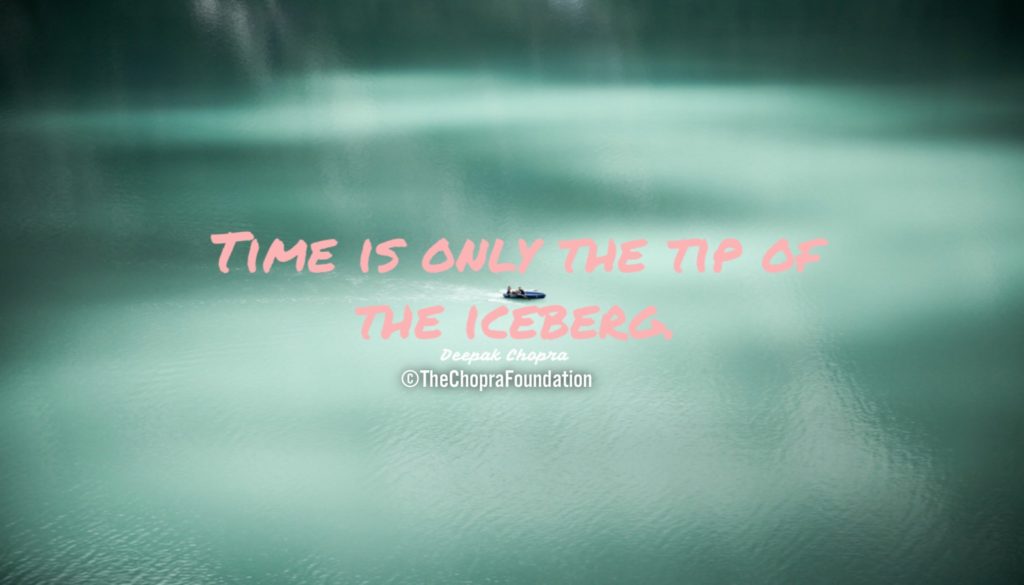


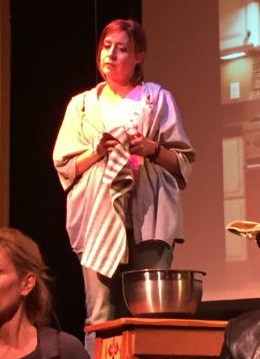 ges, portrays the Rosa in Jennie Frank’s new play,
ges, portrays the Rosa in Jennie Frank’s new play,  Jeffrey Walker along with two CEOs publish in Harvard Review, “
Jeffrey Walker along with two CEOs publish in Harvard Review, “